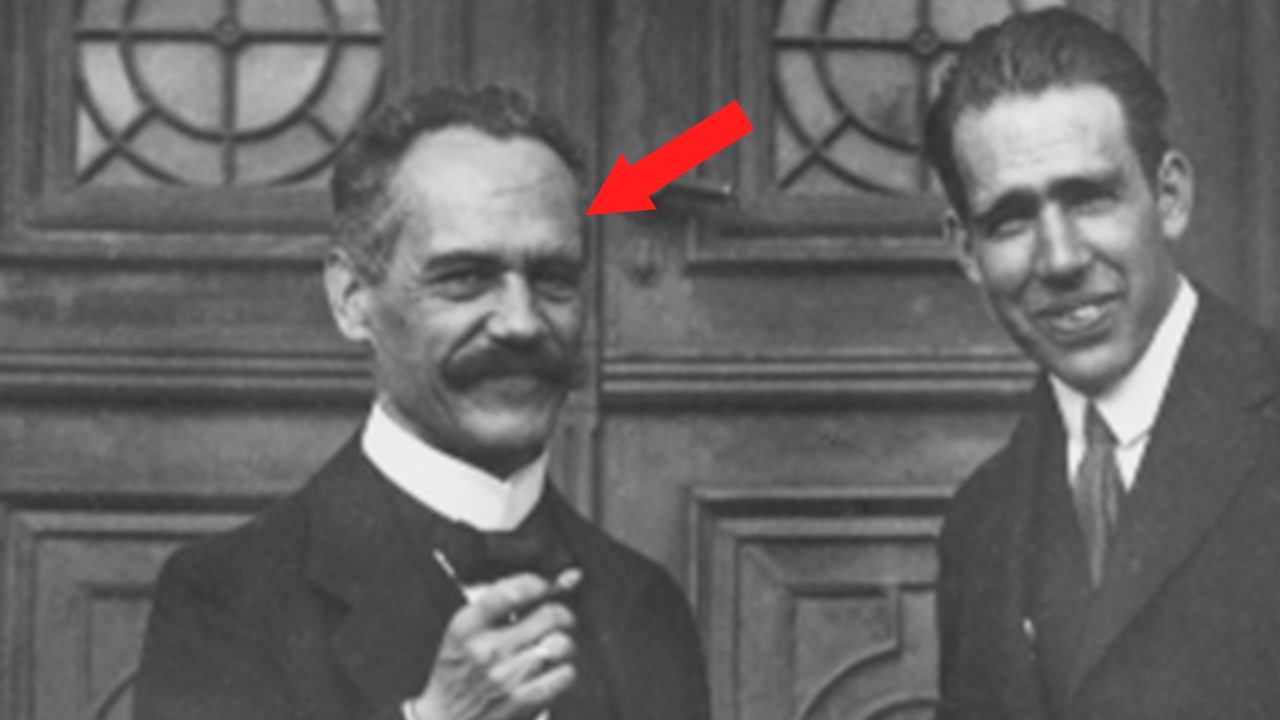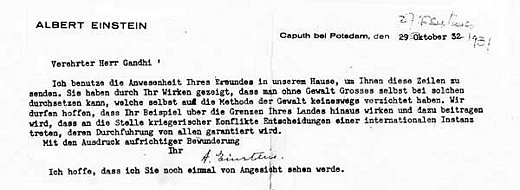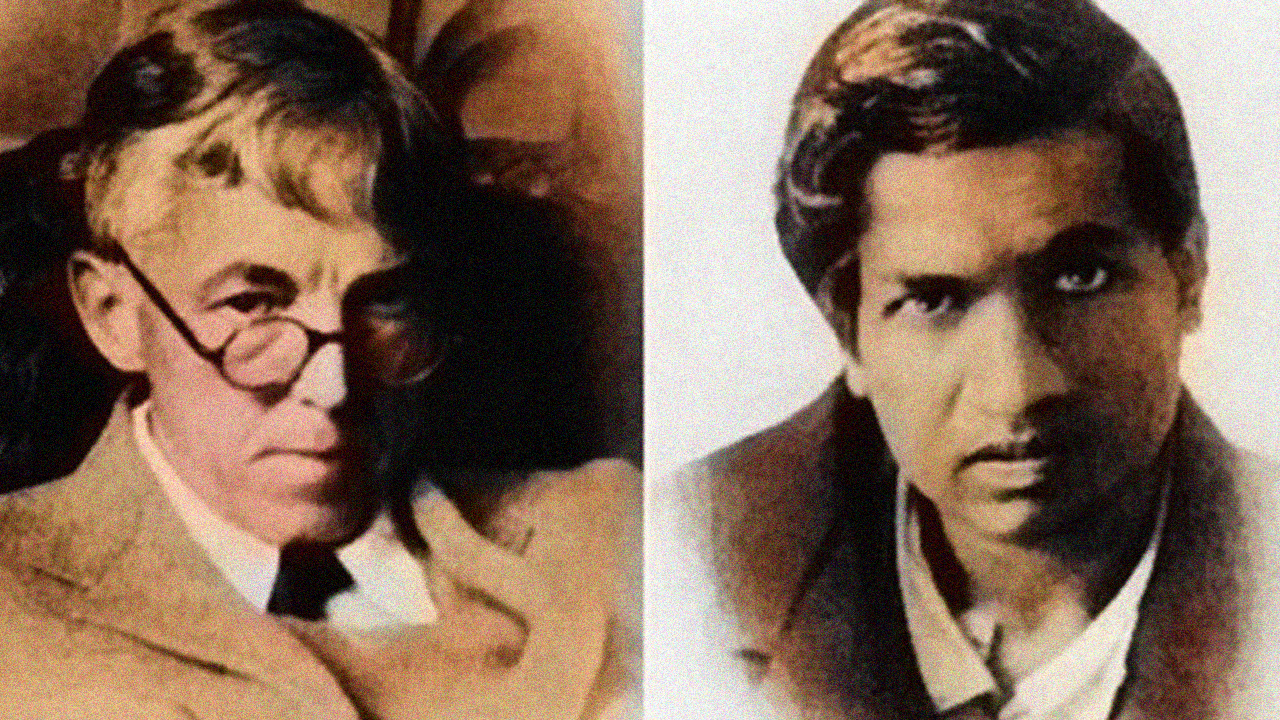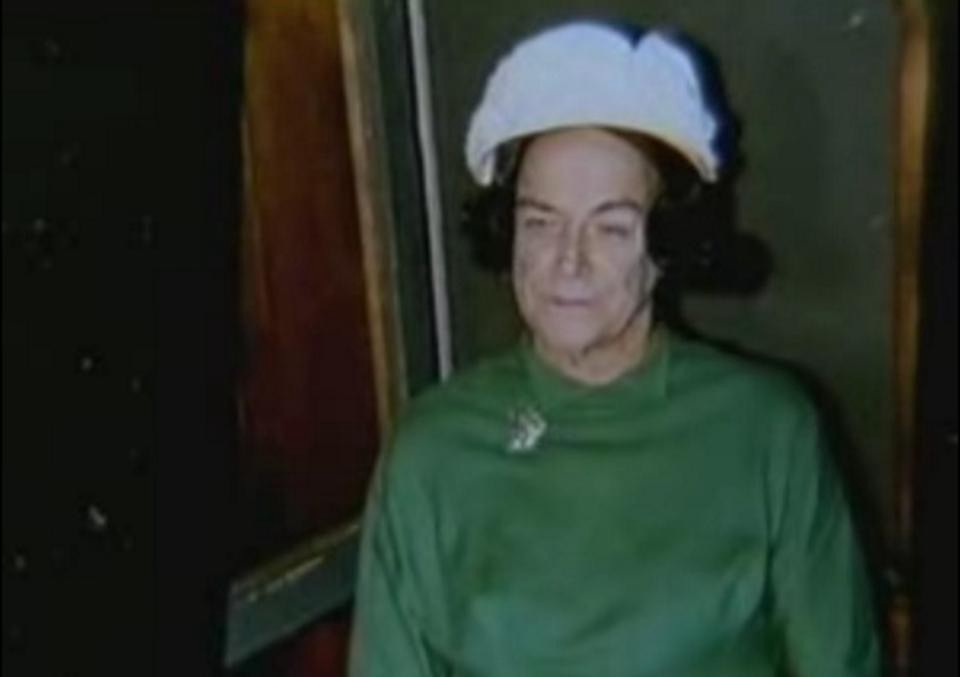
How Max Born Won Nobel Prize After Getting Suspended

Nominated 84 Times For Nobel Prize But Never Won

Heisenberg and his views on quantum mechanics

Absurdity of nature
Uncertainty principle
Heisenberg's defence
Who Was Jagadish Chandra Bose?

Early education
Change of Plans
Work with Waves
Fun fact: In 1997, the Institute of Electrical and Electronic Engineers (IEEE) named Bose as one of the fathers of radio science.
Plant research
Agnosticism
Teaching
Summing up
Who Was Lise Meitner?

Collaboration with nephew
Her role in World War I
Early education & PhD
Professorship & war
Help by Bohr
Manhattan Project
Dinner with President
Chemical elements
Nobel Prize snub
Critical of friends
Why did Paul Dirac speak so little?

Dirac found comfort in his imagination and when he wanted to put across his thoughts he would do so by writing them. In his early thirties, Dirac wrote in a letter to a close friend that to defend himself against the hostilities he perceived around him he retreated into his own imagination.
Albert Einstein on Gandhi, Non-Violence and India

Generations to come, will scarce believe, that such a man as this one, ever in flesh and blood walked upon this earth. This was said of Mahatma Gandhi by Albert Einstein on the former's 70th birthday in 1939.
Einstein was deeply inspired by Gandhi's teachings and so much so that he called him the most enlightened of all the politicians of his time. The two never met but they exchanged letters among themselves. In other words, they were pen pals.
In 1950, two years after Gandhi's death, Einstein recorded an interview for United Nations from his study at Princeton University in New Jersey.
He said, "We should strive to do things in his spirit...Not to use violence in fighting for our cause, but by non-participation in what we believe is evil."
 |
| Gandhi's picture framed in Einstein's study |
On that radio interview, Einstein advocated for non-cooperation, a peaceful form of protest against what you believe is evil. Such a movement was launched by Gandhi in 1920s.
Einstein believed that if the world were to be improved, it could not be done simply with new scientific discoveries, it also had to encompass morals and ideals.
"In this respect I feel," Einstein said: "That the Churches have much guilt. She has always allied herself with those who rule, who have political power, and more often than not, at the expense of peace and humanity as a whole."
Einstein noted that the admiration for Mahatma Gandhi in all countries of the world rests on recognition of the fact that in time of utter moral decadence, Gandhi was perhaps the only statesman to stand for a higher level of human relationship in political sphere.
Their communication began through letters. Einstein wrote the following congratulatory letter to Gandhi in the 1930s (this was after their renowned Salt March from Sabarmati Ashram to Dandi).

Translation:
"I use the presence of your friend in our home to send you these lines. You have shown through your works, that it is possible to succeed without violence even with those who have not discarded the method of violence.
We may hope that your example will spread beyond the borders of your country, and will help to establish an international authority, respected by all, that will take decisions and replace war conflicts.
P.S. I hope that I will be able to meet you face to face some day."
Gandhi responded, saying: "Dear friend, I was delighted to have your beautiful letter sent through Sundaram. It is a great consolation to me that the work I am doing finds favour in your sight. I do indeed wish that we could meet face to face and that too in India at my Ashram."
Despite their intentions, the two greats never met in person.
On Gandhi's death, Einstein wrote: He died as the victim of his own principles, because in time of disorder and general irritation in his country, he refused armed protection for himself.
5 Physicists Who Were Musically Gifted

Even though physics and music are two wildly separate fields...what is life without both of them? Without physics, there is no chemistry or biology, or that which we call living. Whereas, without music, the living cannot so eloquently express feelings such as joy, heartbreak, hope and so on.
Richard Feynman
This was a man full of life...He was an American physicist who won the Nobel Prize for his contributions to quantum electrodynamics. Even at old age, Feynman did not stop performing his famous "orange juice" song.
Albert Einstein
He had once said: "Life without playing music is inconceivable for me. I live my daydreams in music, I see my life in terms of music. If I were not a physicist I would probably be a musician. I get most joy in life out of my violin."

His mother, Pauline, played the piano reasonably well and she wanted her son to learn the violin, not only to make him fall in love with music but also to help him assimilate into German culture.
Max Planck
He was a German physicist who is known for proposing Quantum theory in 1901. Planck was a father figure to Einstein yet they both played music as if members of a western classical band.



He started reading sheet music at the age of four! However, as Heisenberg grew older, his love for science outgrew his passion for music, despite which, music remained a lifelong hobby of his.
When A Teacher Learned From His Student

5 Poems Written By Famous Physicists

It was evening when we came to the riverWith a low moon over the desertThat we had lost in the mountains, forgotten.What with the cold and the sweatingAnd the ranges barring the sky.And when we found it again...In the dry hills down by the river,Half withered, we hadThe hot winds against us.
There were two palms by the landing;The yuccas were flowering; there wasa light on the far shore, and tamarisks.We waited a long time, in silence.
Then we heard the oars creakingAnd afterwards, I remember,The boatman called us.We did not look back at the mountains.
 |
| Tamarisks |
Oppenheimer's friend, British physicist Paul Dirac, who hated poetry, quipped, "In science, one tries to tell people, something that no one ever knew before, in such a way as to be understood by everyone. But in poetry, it's the exact opposite!"
Paul Dirac
Ironically, Dirac wrote the following poem; quite full of gloom!
Age is, of course, a fever chillThat every physicist must fear.He's better dead than living stillWhen once he's past his 30th year.

He was a Nobel Prize winning physicist and this poem, which is attributed to him, shows his dedication towards physics. Dirac was a complicated character; in fact, Einstein described him as an awful balance between genius and madness.
Albert Einstein
Einstein had a great reverence for Baruch Spinoza, who was a Dutch philosopher of Portuguese origin, best-known for his conceptions of the self and the universe.
How much do I love that noble man,More than I could tell with words!I fear though he'll remain aloneWith a holy halo of his own...
Galileo Galilei
He was an Italian astronomer who is known to have broken the foundations of Aristotelian physics. Galileo discovered the law of inertia and made pioneering contributions to astronomy.

He wrote the following appreciation poem for mathematics; a free verse.
Nature is written in this grand bookWhich stands continually openBefore our eyesBut cannot be understoodWithout first learningTo comprehend the languageIn which it is written.
Without whichIt is impossible..To even understand a wordWithout whichOne is just wanderingIn a dark labyrinth.
Richard Feynman
He was an American Nobel Prize winning physicist who contributed to our understanding of the interaction between light and matter.
Out of the cradleOnto dry landHere it is standing:Atoms with consciousness;Matter with curiosity.Stands at the sea,Wonders at wondering: I,A universe of atomsAn atom in the universe.
In this poem, Feynman has demonstrated the great extent of his intellect and imagination. It shows the evolution of life from the oceans to land-walking creatures. It also shows that on an astronomical scale, his existence is meaningless; but on this scale, in which he's in, he himself is the universe!
James Maxwell
He was a Scottish physicist who unified the phenomena of electricity, magnetism and optics into one single framework. His work is considered equivalent to that of Einstein's.
The world may be utterly crazyAnd life may be labour in vain;But I'd rather be silly than lazy,And would not quit life for its pain.
5 Talents of Richard Feynman Other Than Physics



 |
| As queen Elizabeth II (from anonymous source at Caltech) |
 |
| From Caltech archive |
Did you know that Feynman wrote a long free-verse poem titled, an atom in the universe, in 1955? His command over scientific language was unmatched...which is demonstrated by how he described the whole universe in only a glass of wine:
"If we look at a glass of wine closely enough we see the entire universe. There are the things of physics: the twisting liquid which evaporates depending on the wind and weather, the reflections in the glass, and our imagination adds the atoms...
The glass is a distillation of the Earth's rocks, and in its composition we see the secrets of the universe's age, and the evolution of stars...
What strange arrays of chemicals are in the wine? How did they come to be? There are the ferments, the enzymes, the substrates, and the products. There in wine is found the great generalization: all life is fermentation..
Nobody can discover the chemistry of wine without discovering, as did Louis Pasteur, the cause of much disease. How vivid is the claret, pressing its existence into the consciousness that watches it!
If our small minds, for some convenience, divide this glass of wine, this universe, into parts: physics, biology, geology, astronomy, psychology, and so on..remember that nature does not know it!
So let us put it all back together, not forgetting ultimately what it is for. Let it give us one more final pleasure: drink it and forget it all!"
Teaching
This is not a surprise...of course we know him as the great explainer, right? Even Bill Gates has said, "Feynman had this amazing knack for making physics clear and fun at the same time. He was the best teacher I never had."

The public made him an icon because he was not only a great scientist and clown but also a great human being and a guide to his students in time of trouble.
Investigator
He was invited to investigate the Challenger disaster and found out the problem that caused the accident was trivial. Feynman did not shy away from blaming NASA.
He demonstrated that the material used in the shuttle's O-rings became less resilient in cold weather by compressing a sample of the material in a clamp and immersing it in ice-cold water.

NASA ultimately admitted that the disaster was caused by the primary O-ring not properly sealing in unusually cold weather at Cape Canaveral.
Writing
Apart from writing physics books, Feynman had a knack for telling anecdotes. He wrote two autobiographical accounts, one of which, titled, 'What do you care what other people think?' was adapted into 1996 movie Infinity starring Matthew Broderick and Patricia Arquette.
Summing up
He was a genius in truest sense of the word. According to Robert Oppenheimer, "Feynman was a second Dirac. Only this time human." Just to let you know, Oppenheimer and Dirac were Feynman's seniors. In fact, Paul Dirac was Feynman's hero growing up, and quite opposite of what Feynman was...Dirac hardly spoke a word or two.







 Physics, astronomy and science history blog for students
Physics, astronomy and science history blog for students